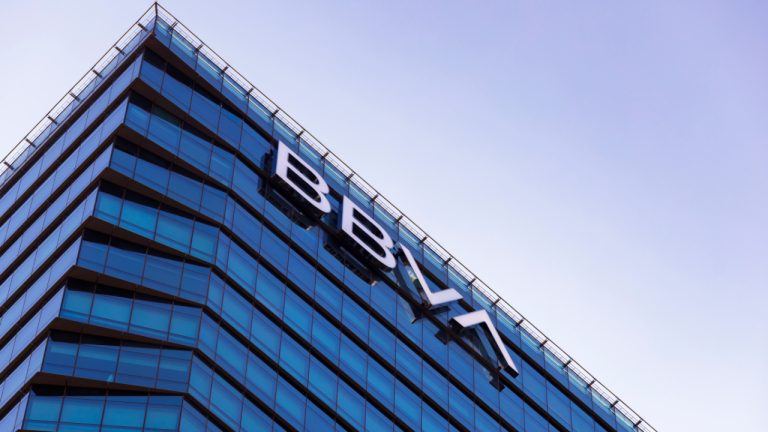rLogin is already operational and integrated with several wallets, including Metamask, Nifty, Liquality, and WalletConnect. More wallet integrations are in the pipeline in the coming months.
RSK Network, a multi-functional blockchain ecosystem has launched rLogin, a unified digital identity solution allowing web application developers to integrate blockchain technologies. According to a press release shared with Coinspeaker to a recent announcement, the new digital solution is part of the RSK Infrastructure Framework (RIF) suite of tools, alongside rifRIF storage, rifRIF identity, rifRIF communications amongst others.
Innovation defines the emerging space of blockchain technology and the adoption of any project can be determined by the array of solutions each startup rolls out. The RSK network has been forefront in churning out products that seek to integrate Bitcoin functionalities, with the emerging decentralized finance (DeFi) ecosystem.
The rLogin Self Sovereign Identity solution is one of the network’s services that is compatible with both the Bitcoin and the Ethereum blockchains. As contained in the press release, the feature gives users of any rLogin-enabled application the ability to use their crypto wallets to authenticate and store their data, porting it across different Web 2.0 and Web3 applications without restrictions. Users can additionally build their personal digital identity reputation, drawing no reliance on traditional financial institutions or other fintech. Data management and usage permission will also be in the control of the user.
Core Features of RSK Infrastructure Framework rLogin Solution
The team listed the major highlights of integrating the rLogin infrastructure, the combination of which gives an unparalleled user experience in digital identity innovations.
Any application integrating rLogin will benefit from a front-end capable of interacting with any blockchain wallet that the customer chooses, in addition to a pre-designed user experience for registration and login. Also, the platform will have access to a back-end authenticating users by their wallet addresses, which serves as a Decentralized Identifier (DID).
The system has an embedded registration model capable of requesting users for access to information stored in the Data Vault, its user-centric cloud storage. The rLogin solution also offers full compatibility with W3C SSI standards: Decentralized Identifiers (DID) and Verifiable Credentials (VC).
The team behind the rLogin solutions are very detailed in merging usability, utility, and security that has a wide range of acceptability across different chains.
rLogin Is Aimed at Propounding Interoperability, Not Competition
The solution being presented by rLogin appears to be existent on the Ethereum blockchain as noted in the press release. RSK Network is however not in pursuit of competition, rather, it seeks to propound its identity as the first to deliver a comprehensive solution for integrating self-sovereign decentralized identity into any application that has native compatibility to both Ethereum and Bitcoin (via RSK)
rLogin is already operational and integrated with several wallets, including Metamask, Nifty, Liquality, and WalletConnect. More wallet integrations are in the pipeline in the coming months.
“rLogin is a huge step towards achieving Self-Sovereign Identity while simplifying the way to interact with the blockchain. We are very excited to see these integrations giving users the flexibility to control their own data and move their crypto assets and reputation across platforms,” said Milton Berman, RIF Identity Product Owner.
Benjamin Godfrey is a blockchain enthusiast and journalists who relish writing about the real life applications of blockchain technology and innovations to drive general acceptance and worldwide integration of the emerging technology. His desires to educate people about cryptocurrencies inspires his contributions to renowned blockchain based media and sites. Benjamin Godfrey is a lover of sports and agriculture.




